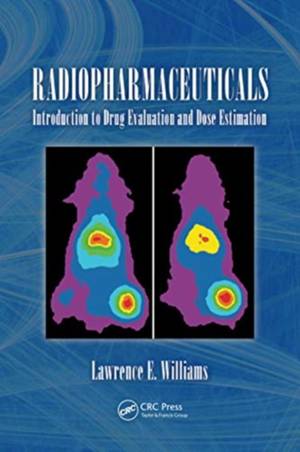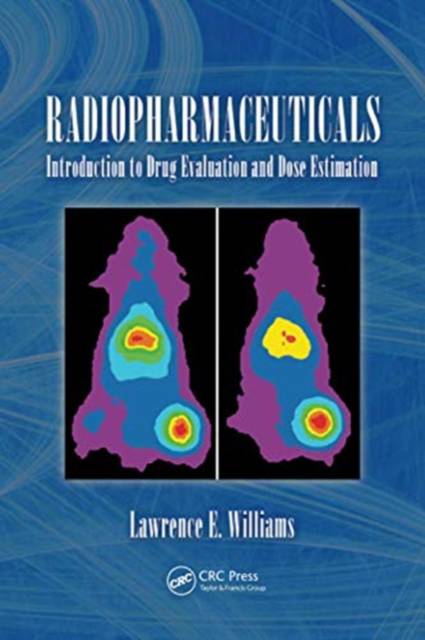
- Retrait gratuit dans votre magasin Club
- 7.000.000 titres dans notre catalogue
- Payer en toute sécurité
- Toujours un magasin près de chez vous
- Retrait gratuit dans votre magasin Club
- 7.000.0000 titres dans notre catalogue
- Payer en toute sécurité
- Toujours un magasin près de chez vous
Radiopharmaceuticals
Introduction to Drug Evaluation and Dose Estimation
Lawerence E Williams
Livre broché | Anglais
97,95 €
+ 195 points
Description
This comprehensive overview details the process of radiopharmaceutical development, from cellular studies to animal experiments to the design and implementation of clinical trials. It compares various radiopharmaceuticals and provides guidance on dose estimation and agent selection, covering standard medical internal radiatio
Spécifications
Parties prenantes
- Auteur(s) :
- Editeur:
Contenu
- Nombre de pages :
- 326
- Langue:
- Anglais
Caractéristiques
- EAN:
- 9780367577056
- Date de parution :
- 30-06-20
- Format:
- Livre broché
- Format numérique:
- Trade paperback (VS)
- Dimensions :
- 156 mm x 234 mm
- Poids :
- 458 g

Les avis
Nous publions uniquement les avis qui respectent les conditions requises. Consultez nos conditions pour les avis.






